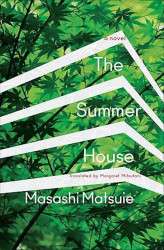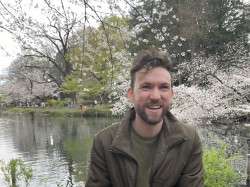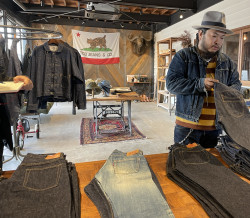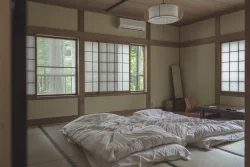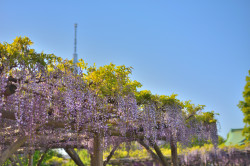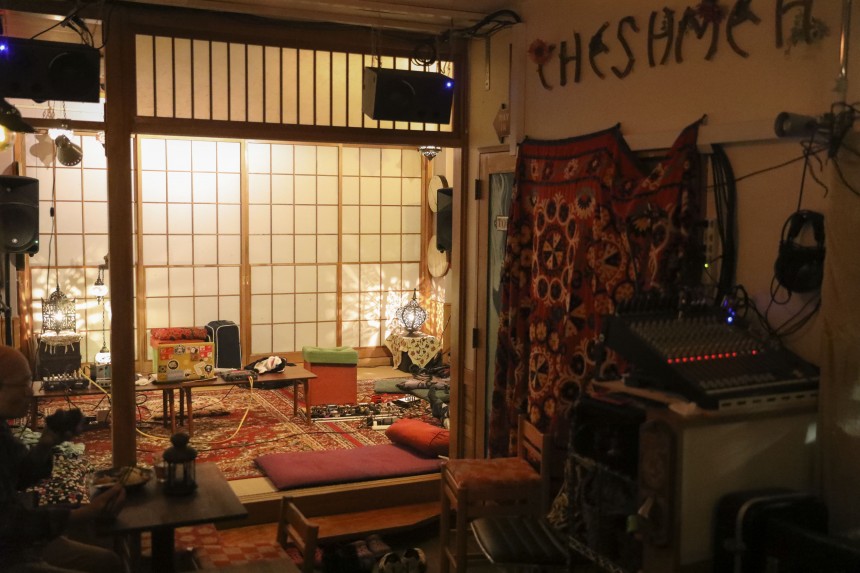
An experimental modular synth artist, a British harpist and a kimono-clad biwa (Japanese short-necked lute) player form the lineup for an all-female artist night at Cafe Cheshmeh in Sasazuka. Needless to say, it’s probably not what you’d expect to hear at many other live venues across Tokyo on a Friday night. But the musicians’ diversity is a perfect example of what Cheshmeh has come to represent since opening its doors to Tokyo six years ago.
“Cheshmeh is inspired by a Turkish word which means ‘wellspring.’ When we started out with this place we knew we wanted to be supportive of the arts because we were artists ourselves,” the owners Megumi and Kelly Rain Williams tell Metropolis. “We’re really trying to be an inclusive space. We don’t care where you’re from, what your background is or what kind of creativity you’re into. We don’t even have restrictions for genre, but if you can play in an environment with the volume limitations then you’re welcome here.”
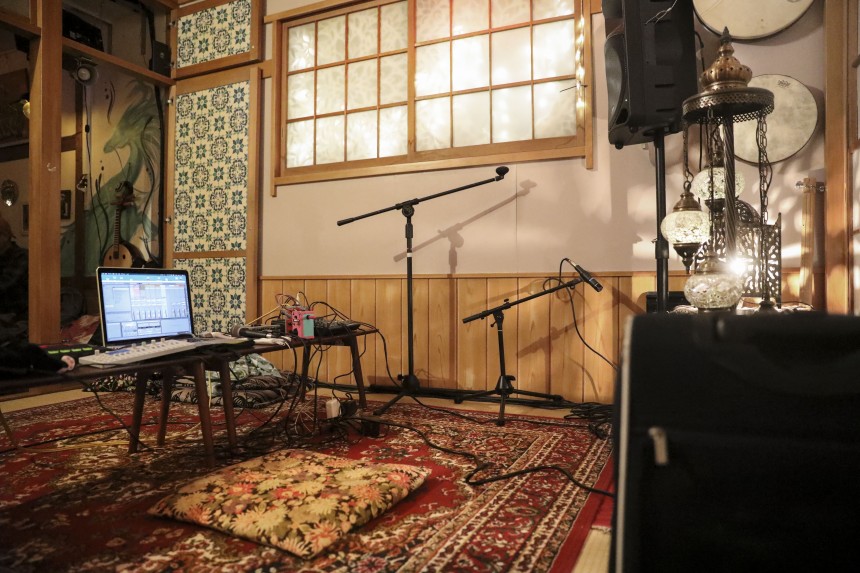
For 15 years, the couple have been playing in their own band, Rain in Eden. Lying in a creative gray zone somewhere close to world fusion, with a sound similar to German-based Enigma, the band finds it tough to pinpoint its home in genre. “We tend to call ourselves ‘Silk Road Exotica,’ but that doesn’t really explain anything either,” laughs Megumi.
Cheshmeh’s owners are no strangers to the far bigger challenges that they — and many other aspiring musicians — must face if they want to survive in the capital’s live music scene. “I come from Seattle,” Kelly explains, “where there’s a really strong music scene for different genres. New artists can get on a bill with some experienced ones and tap into that existing fanbase. I think that’s really tough in Tokyo.” Add to this the problem that live houses usually charge bands large amounts to play, and it’s inevitably tough for small artists to gather the cash needed to gig frequently and share their sounds.
An events space, a community cafe, a bar? Japan has lots of boxes where businesses should fit and we don’t fit very neatly into any.
The Rain Williams’ solution to this? Carve out their own creative, supportive space where artists can have a chance to shine regardless of who they are. The cafe’s philosophy of donation-based events or low cover charges, open-mic nights and an open-mindedness towards performers not only creates opportunities for local musicians, but also attracts talent from around the world. As a result, Cheshmeh has an impressively diverse events calendar, often featuring traditional instruments or rare genres from abroad that would be hard to come across in other Tokyo venues.
It’s unsurprising that this laid-back, inclusive atmosphere lends itself well to genre-bending shows as well as themed nights for musicians in similar genres to come together. “We know all kinds of different artists and I just think to myself, ‘how can I make that into an interesting event?’” says Megumi. “It’s also been really interesting to see how artists bounce off each other when they get into a small space like here at Cheshmeh,” her partner adds.
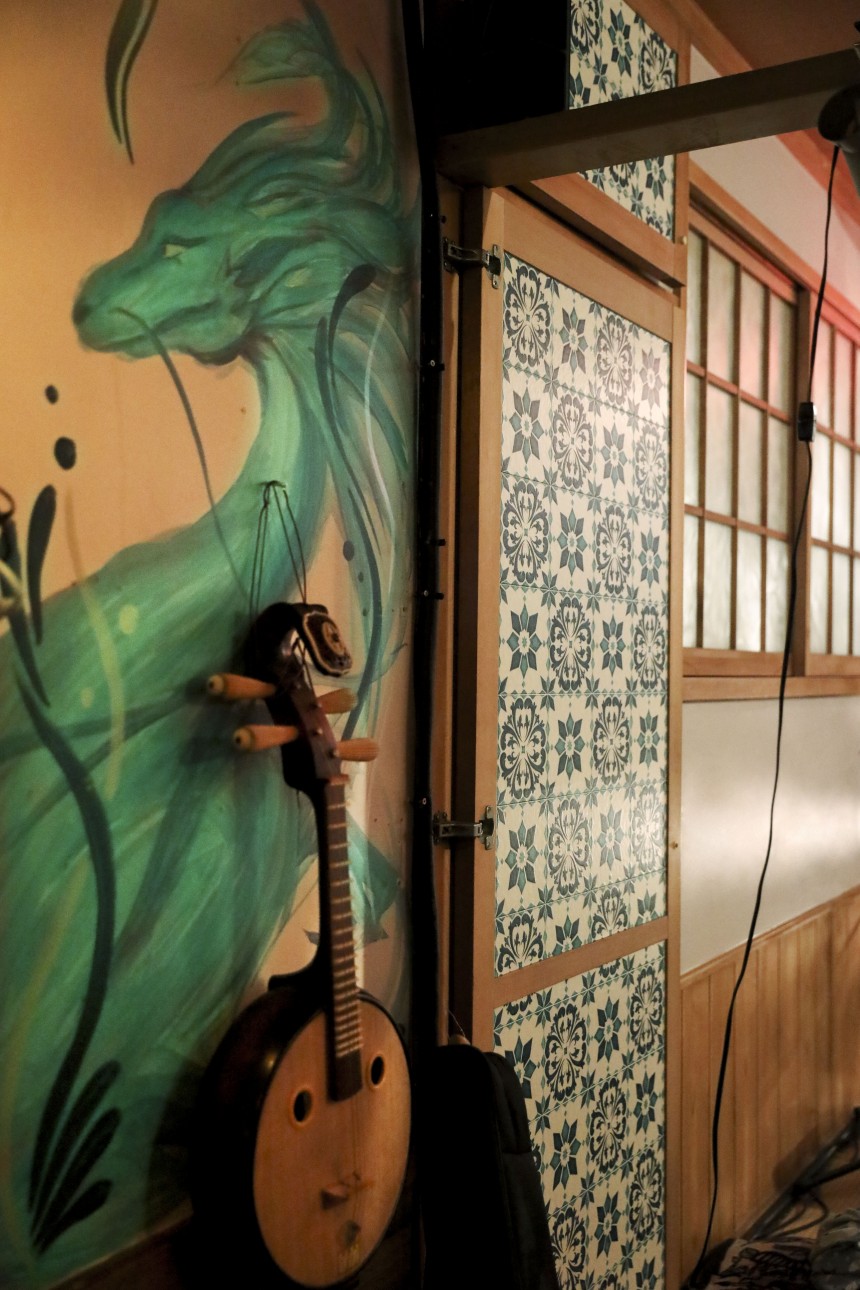
And it’s not just the performers that Cheshmeh connects. Upon entering the cafe, the sense of community and diversity between its customers is also immediate. The warm Turkish lamps illuminate trinkets and paintings brought by people from all over the world who visit; musicians and audience members alike hang around after shows, playing in the zashiki (traditional Japanese-style tatami room) stage space or chatting by the bar. Even the drink options and healthy food menu reflect its people, both evolving according to the tastes and feedback of its community.
“We’re both outsiders,” explains Megumi, “we’ve never really fit in, so we needed our own place for a start — then we started collecting all these people.” “We can’t call them clientele, they’re friends,” Kelly continues, “and I think the weirdest thing about this place, and the thing I love the most about it, is that even if you come here by yourself you’ll have met two or three people by the end of the night. I think that’s really missing from Tokyo a lot of the time. […] It can be a pretty cold place. We’ve been trying to remedy that a little bit because we feel it ourselves.”
Whether it’s a creative space for artists or a place for customers to meet and feel at home, the little spot in Sasazuka helps fill some of the missing pieces of Tokyo. “We struggled with what to call it. An events space, a community cafe, a bar? Japan has lots of boxes where businesses should fit and we don’t fit very neatly into any,” the owners say. However, it’s this diversity, friendliness and drive to be more than just a business that’s exactly why Cheshmeh is so important to the creatives who flourish there.
Cafe Cheshmeh
2-13-13 Sasazuka, Shibuya-ku
cafecheshmeh.com
@cafecheshmeh
